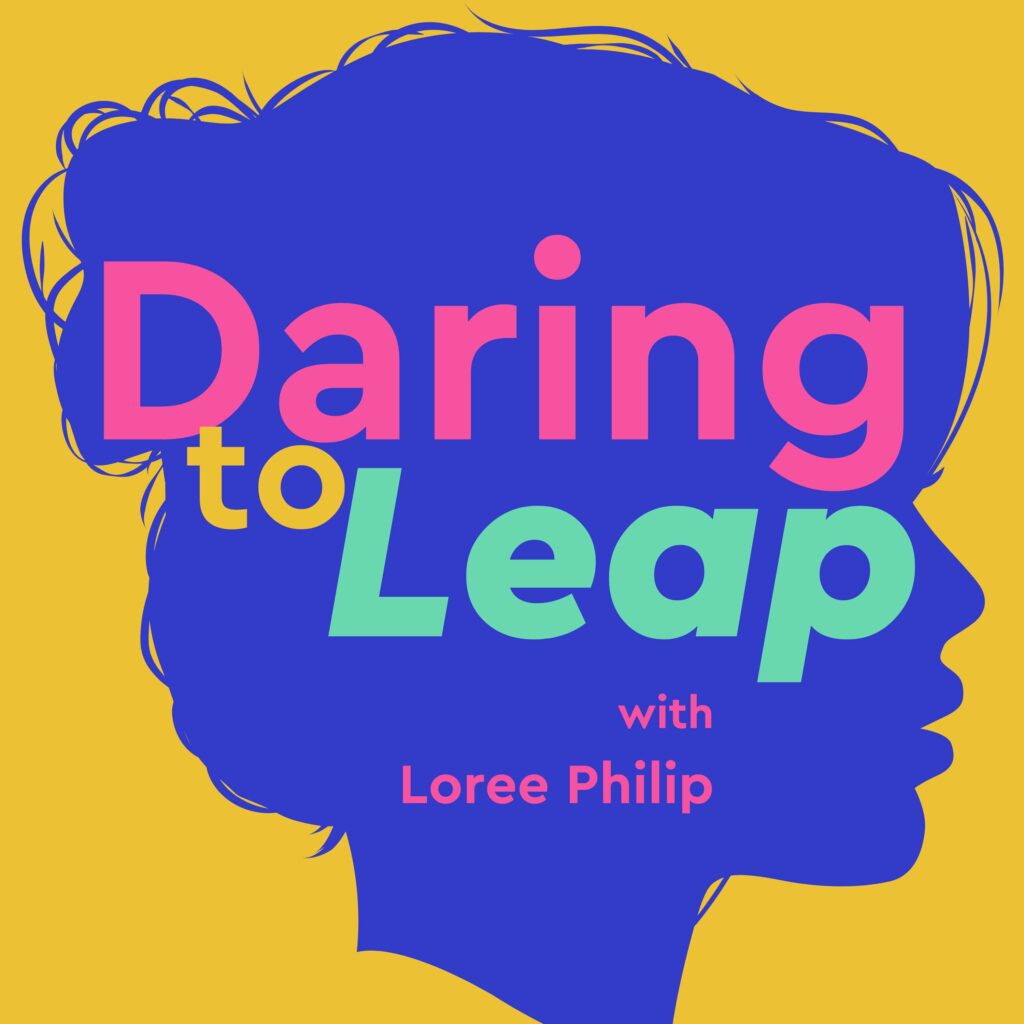This week we are speaking with Donna Star the author of Unsuccessfully, Successful.
Donna shares her story about her leap out of her 30-year corporate career and into a new chapter of her life. We discuss the importance of following our intuition, and why trusting ourselves is crucial. We also dive into the topic of burnout and share valuable tips on how to recognize it, address it, and make meaningful changes.
Tune in for inspiration and guidance on how to trust your intuition, overcome burnout, and create a life that is more aligned with your true self!
” Trust yourself more. Not everybody else knows what’s best for you.” – Donna Star
[00:05:27] Unhappy with corporate career, burned out. Needed change.
[00:09:26] Success doesn’t have to be difficult.
[00:12:25] Overlooked accomplishments: women hesitant to brag.
[00:16:21] Intuition is powerful; listen to your body.
[00:21:33] Signs and numbers are information
[00:25:02] Addressing burnout: take small steps, take control.
[00:27:21] Taking intentional small steps, valuing my time.
[00:33:15] Trust yourself, speak up, and you are enough.
Connect with Donna:
LinkedIn: https://www.linkedin.com/in/dstarcoaching/
Instagram: https://www.instagram.com/dstarconsultants/
Website: www.dstarconsultants.com
Connect with Loree:
https://www.linkedin.com/in/loree-philip/
https://www.instagram.com/loreephilip/
https://www.facebook.com/loreephilip

